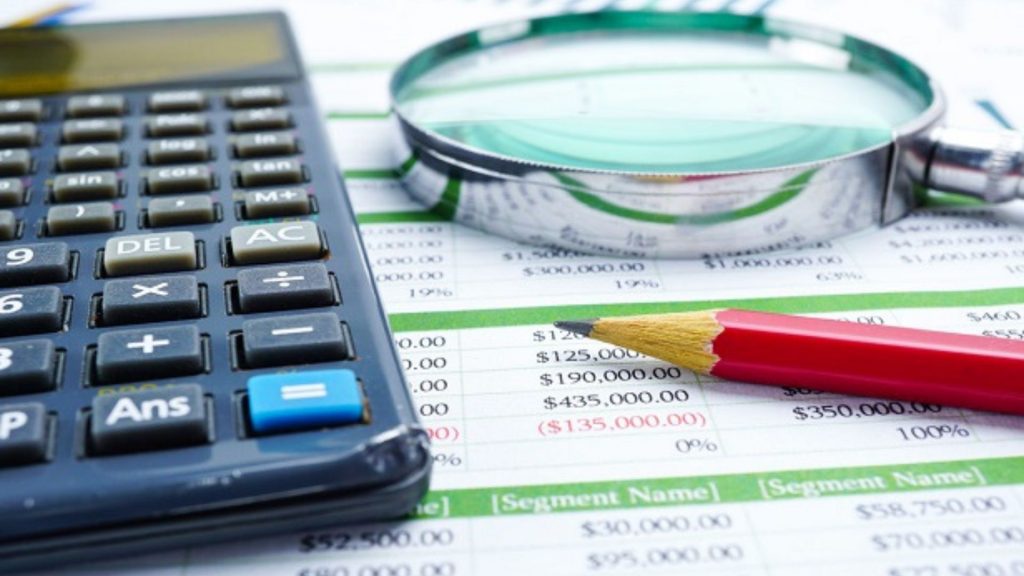The primary role of forensic accountants involves assisting the courts, solicitors, and clients in understanding the complex financial and accounting issues. This also includes presenting that information so that all users can understand. Forensic accountants ensure that the opinions or results are supported by evidence that will hold up under cross-examination or scrutiny.
Primary Roles And Responsibilities Of Forensic Accountants
A forensic accountant can be hired for multiple purposes. Some of which include analyzing, interpreting, summarizing, and presenting complex financial and business information in a manner that can be understood easily and properly supported.
Forensic accountants are involved in investigating and analyzing financial evidence. They are also involved in developing computerized applications that help analyze and present financial evidence. The findings of forensic accountants are communicated in the form of report exhibits and collection of documents that assists in legal proceedings. They can also be called upon to testify in court as expert witnesses and prepare visual aids to support trial evidence.
The roles of a forensic accountant include:
Advice
Forensic accountants are responsible for giving preliminary advice as an initial appraisal of the case and evidence available at the beginning of the proceedings. Ideally, forensic accountants should allow two parties full opportunity to resolve the complaint by advising but not providing a definite answer. Forensic accountants should at least help reduce the financial element as an area of ongoing debate by offering explanations that help people with non-financial backgrounds understand the issue and reach their conclusions. Objectivity and independence of the forensic auditor are paramount for these purposes.
Identification Of Key Documents
They are in charge of identifying the documents that should be available as evidence for presentation in the court. The primary role of a forensic accountant is to assist in preparing financial evidence and analysis for court against criminal activity. There is an element of investigation and another element of providing review and consultancy in court.
Preparation Of The Report
Forensic accountants prepare detailed reports on the quantum of the evidence that a non-accountant person can easily understand, irrespective of whether or not they are relevant to the client. The report should state in clear and precise terms exactly what issues counsel was hired to investigate and what limitations, if any, were placed on counsel by the client.
Reviewing The Report
They are also expected to review the expert accounting reports sent by the other parties, which may affect the quantum of evidence and advise lawyers of the report. Forensic accountants have expert subject matter knowledge and therefore identify inconsistencies or issues in the report that otherwise go undetected.
Briefing
Another role for forensic accountants includes briefing legal counsels about the financial and accounting aspects of a case. As experts in their field, forensic accountants are often part of the legal teams that are involved in tackling financial and accounting cases. They bring their subject matter knowledge and help the lawyers identify potential issues or inconsistencies in evidence or witness statements.
Initiative In Environmental Reporting
More recently, as new reporting and regulatory requirements come into force concerning environmental reporting, forensic accountants are also increasingly being involved in the measurement of environmental accounting to highlight the carbon footprint or ecological damage done to the environment and the possible compensation of such damages through environmental management.
Final Thoughts
Forensic accounting examines an individual’s or business’s finances using accounting, auditing, and investigative skills. Accounting analysis suitable for use in legal proceedings is provided by forensic accounting. Forensic accountants are trained to look beyond the numbers and deal with a situation’s business reality. In fraud and embezzlement cases, forensic accounting is frequently used in court to explain the nature of a financial crime.





